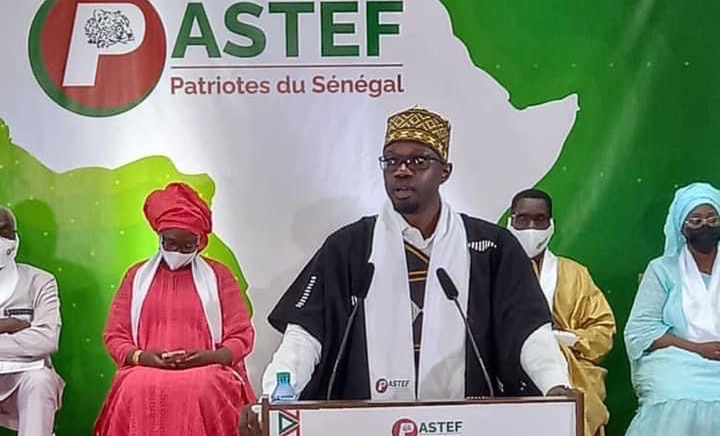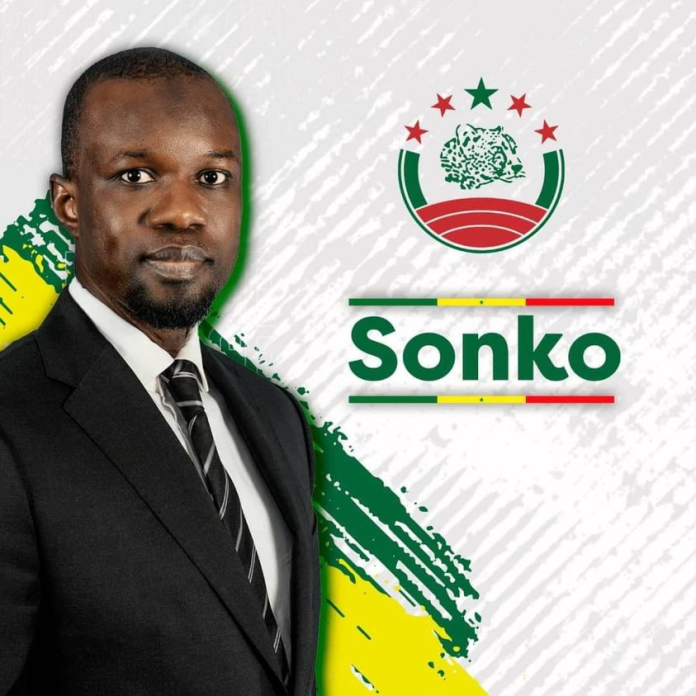
The recent invalidation of Ousmane Sonko’s candidacy by the Constitutional Council of Senegal has sparked general surprise, highlighting the complexity of decisions made by constitutional bodies. These events raise crucial questions regarding the interpretation and application of laws in the Senegalese political context.
When court cases are related to election candidacy, conviction degree becomes a central factor. In this case, the decision appears to be based on a conviction of defamation, an offense that, in other courts, would not necessarily be an obstacle to a presidential nomination. This singularity positions Senegal as a case for study, drawing international attention to what extent minor offenses should influence political eligibility.
Upcoming debates will not be limited to legal arcanes. They will also extend to politics as the question of Sonko’s sentence to six months in prison for defamation raises questions about the rigorous criteria set out in the Electoral Code. The fact that the Code specifies “MORE THAN SIX MONTHS” of prison in the case of defamation, while Sonko was sentenced to exactly six months, raises legitimate concerns about the strict application of the law.
It is essential that the Constitutional Council re-examine its decision in the light of this legal subtlety. The integrity of the electoral process and the preservation of the fundamental rights of citizens is at stake. Justice must be served fairly, and the letter of the law must be interpreted accurately to avoid disproportionate political implications.
Ultimately, the current incident in Senegal raises crucial debates about how legal and constitutional norms shape the political landscape. Citizens, jurists and international observers will be attentive to future developments, seeking to understand how the Senegalese state balances the application of law with respect for fundamental democratic rights.
P.A.N
By Pap Ale Niang!


